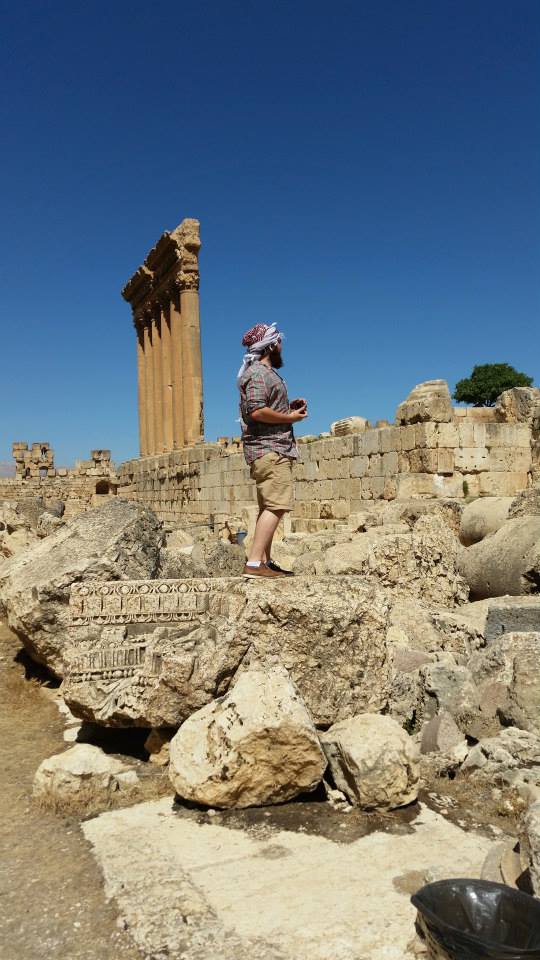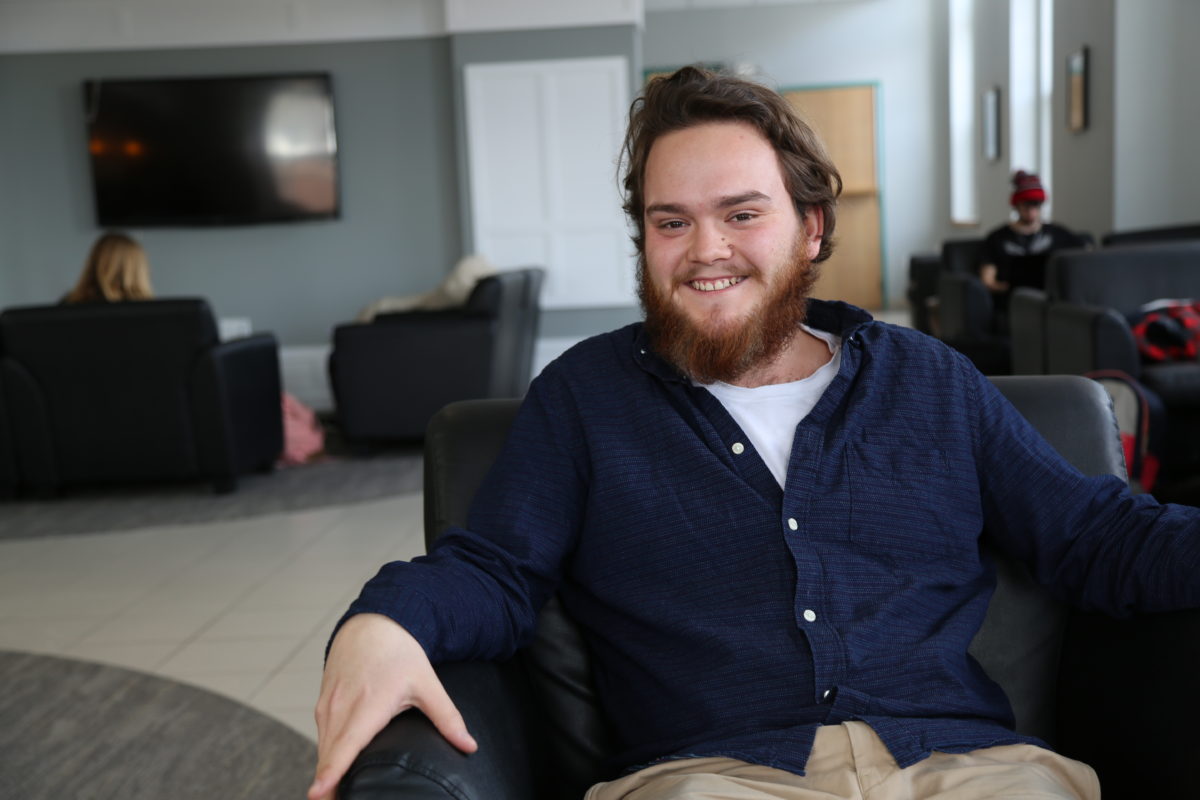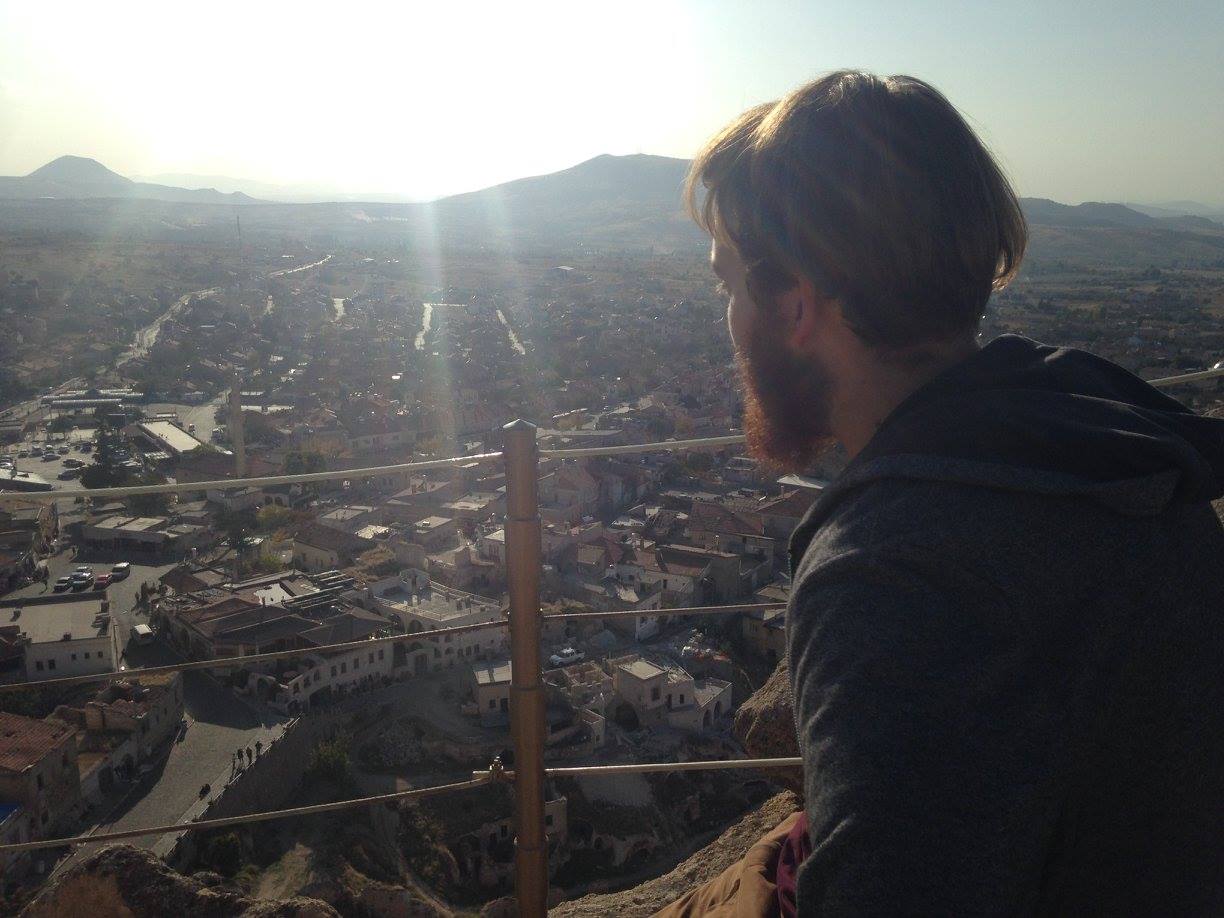
Samuel Titus had been warned of the dangers before he left home, but it did not deter him. He’d signed up for a study abroad program to spend a semester in Turkey. Still, it was surprising when just a few weeks after his arrival, a terrorist attack happened within walking distance of his campus.
Titus was having breakfast in an on-campus restaurant when the news came in that there was a bombing in the downtown student district. The experience was interesting to the political science major, as it contrasted the Canadian experience.
“When there was the terrorist attack in Ottawa, where two people died… the country, for a whole day, kind of held its breath,” said Titus. “But like in Ankara, the city where it happened, hundreds of people died. And it was really like a weird feeling where we just need to keep pushing forward.”
Everyone in Turkey was tuned into the news that day and the attack was very much on peoples’ minds, but the world didn’t stop. Titus and his friends went out to play pool and drink tea later in the afternoon and he said it was a pretty normal Sunday.
“The real mood was definitely sadness and melancholy because people still died, but not to let that fully consume you. Just to keep moving, just keep things going, have school the next day, still go to lunch. Like to honour the dead by living.”
Terrorist attacks in Turkey are indeed normal by Western standards. The two attacks in Paris have gained a great deal of international publicity and support over 2015. They made international headlines for months and received a great deal of international support.
In the first three months of 2016, there have been four attacks in Turkey alone. All four in Ankara or Istanbul. There has been some reporting on them, but they have received nowhere near the coverage or international shows of support other nations have received. The most recent one, many are unaware of as it was largely overshadowed by the recent attack in Brussels.


Titus said it’s not just Turkey that has been overshadowed but other attacks and events around the world as well. For instance, an earthquake killing over 400 people in Pakistan went largely unnoticed.
“Even in Turkey it wasn’t reported on,” said Titus. “I only know about it because one of the people I was with was from Pakistan.”
It’s a subject that’s become very frustrating to Titus since his return from Turkey, especially after the most recent attack in Ankara. He said this attack has left him feeling nostalgic about his time in Turkey and has hit close to home.
Two students who went to the same school as Titus, Middle East Technical University (METU), were killed in the attack.
“At a school with 35, 000 people, there’s a good chance I never even saw them. But still, it being someone from your school, it’s weird.”
It’s the lack of information on the attack, especially one that he can personally identify with, that upsets him. It seems to only be highlighted by how politically active and informed the people of Turkey were throughout his stay.
“Coming back home, you really struggle to find someone who’s willing to have a really deep conversation on the affairs of anything, of any kind of world affairs. But in Turkey, that was all you talked about.”
He wishes these events would garner more news coverage. If the information were more accessible, people would be able to better inform themselves on these international events and Westerners may not be so apathetic towards them. We may be able to identify with them as we do with France and Belgium, nations with whom we have many cultural differences despite our preconceptions.


“We’ve started to view things as these little pockets that can be understood in pockets. The solution is always just education and expanding your perceptions. If you do that, a variety of problems get solved.”
The term abroad influenced not only Titus’ perceptions of Turkey but of his own place in the world in general. By travelling more and travelling anywhere, we’re bound to expand our understanding of the world and all the different places and issues within it.
“I feel like any chance you get to travel abroad and live somewhere else gives you a better understanding and appreciation of the situation – you can only be so invested from afar.”

